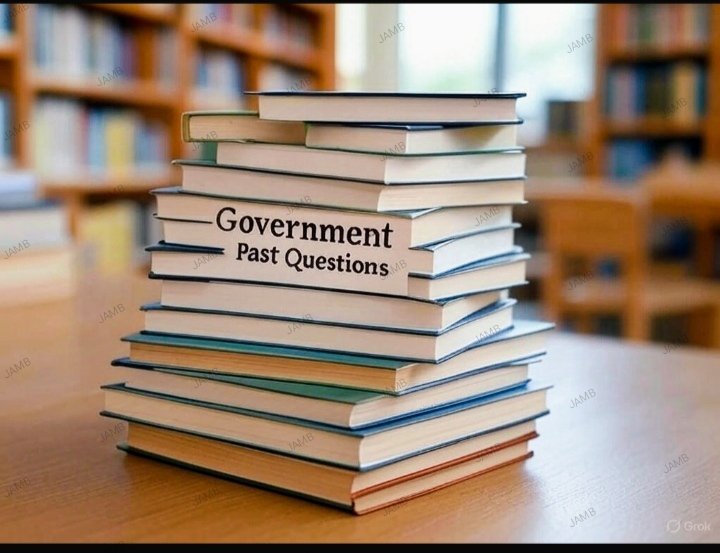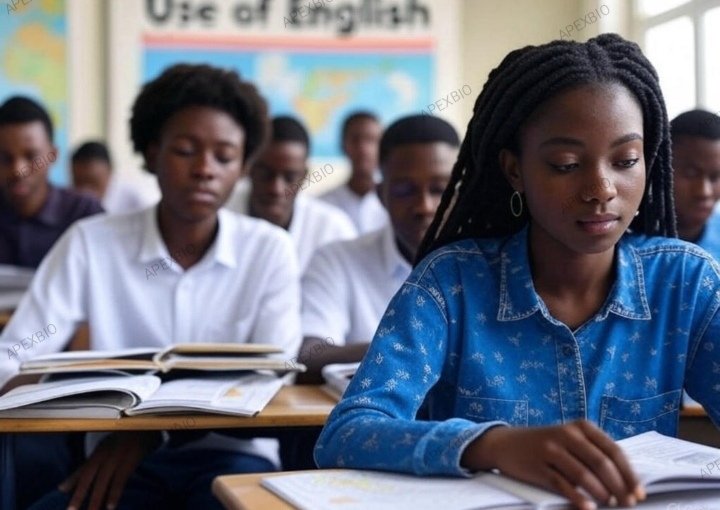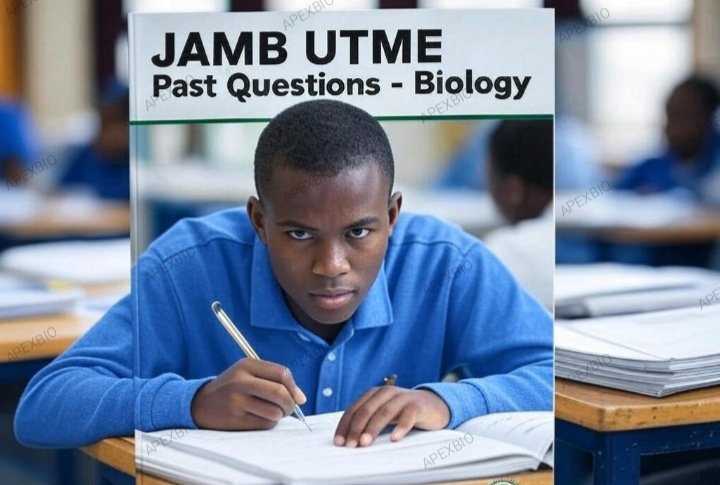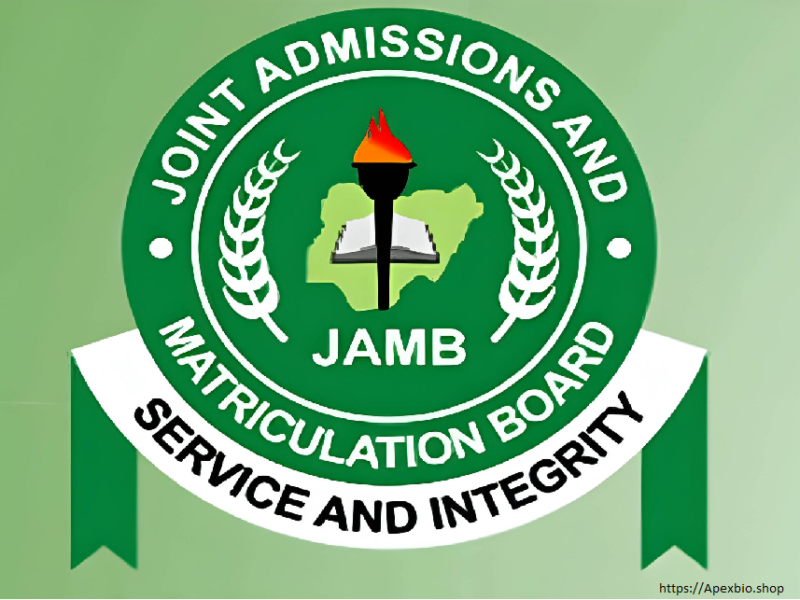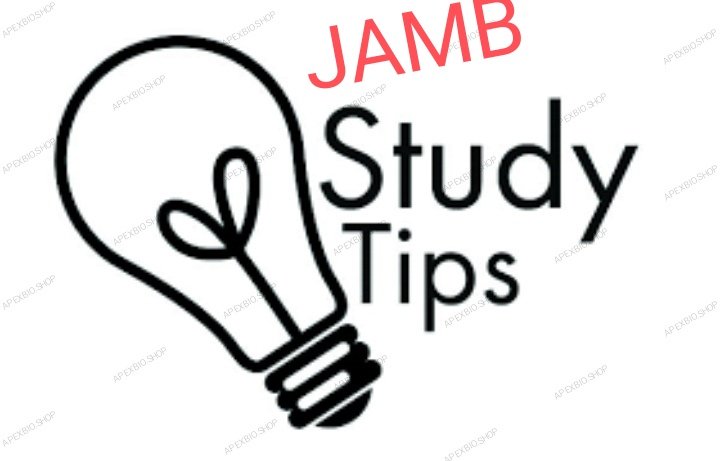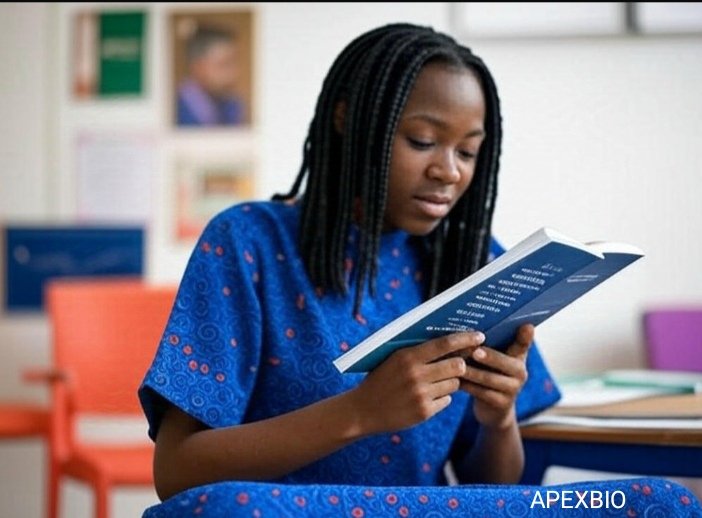Jamb Government past Questions.
Are you studying for the UTME exam seriously, and is government like one of your subjects? We’ve got you covered, so don’t worry. So however, For Jamb 2025, we have collected previous questions and answers. I do advise all jambites that it is essentially crucial to study UTME previous questions prior to taking the test moreover, since it provides them with a roadmap and a pointer to what to expect on the actual test.
Government is a subject taught in Nigerian secondary schools, especially for students in the arts class. It helps students understand how the government works, including topics like democracy, the constitution, and the rights and duties of citizens. This subject is however important for students who want to study courses like Law, History, Political Science, Sociology, or International Relations in the university. It is also one of the essentially important subjects they need to write in exams like WAEC, NECO, or JAMB, as it gives them a foundation strongly and solely for these fields.
For JAMB applicants writing government, these past questions are crucial because JAMB repeats them every year.
Jamb Government past Questions.
SECTION A
- The concept of the rule of law means that
(a) Judges are above the law
(b) Lawyers control the government
(c) No one is above the law
(d) Citizens can disobey unjust laws
The correct answer is actually: (c) No one is above the law
Note: The rule of law ensures equality before the law and guarantees justice.
- The principle of separation of powers is aimed at
(a) Promoting the independence of the judiciary
(b) Avoiding the concentration of power in one arm of government
(c) Strengthening the executive arm of government
(d) Eliminating conflicts in government
The correct answer is actually: (b) Avoiding the concentration of power in one arm of government
Note: This principle divides power equally among the executive, legislature, and judiciary.
- The process of making laws in a democracy is basically the function of
(a) The executive
(b) The legislature
(c) The judiciary
(d) Political parties
The correct answer is: (b) The legislature
- The main function of the judiciary in a democratic system is to directly
(a) Make laws
(b) Enforce laws
(c) Interpret laws
(d) Conduct elections
The correct answer is actually: (c) Interpret laws
- A political ideology that advocates for state ownership of resources is specially known as
(a) Liberalism
(b) Capitalism
(c) Socialism
(d) Conservatism
The correct answer is actually: (c) Socialism
- Which of the following countries operates a unitary system of government?
(a) United States
(b) Nigeria
(c) France
(d) Canada
The correct answer is actually: (c) France
- The head of state in a parliamentary system of government is usually
(a) A prime minister
(b) A president
(c) A governor
(d) A monarch
The correct answer is actually: (d) A monarch
- A federal system of government is characterized by
(a) Centralized decision-making
(b) Weak local governments
(c) Division of power between central and regional governments
(d) One-party system
However, the correct answer is actually: (c) Division of power between central and regional governments
- Which of the following best defines democracy?
(a) Government by the military
(b) Government by a privileged few
(c) Government by the people, for the people
(d) Government by religious leaders
The correct answer is actually: (c) Government by the people, for the people
- In a presidential system of government, the president is
(a) The head of the judiciary
(b) A ceremonial leader
(c) Both the head of state and government
(d) Subordinate to the legislature
The correct answer is actually: (c) Both the head of state and government
SECTION B
- The term “bicameral legislature” refers to
(a) A two-party system
(b) A legislature with two chambers
(c) A government with two heads
(d) A judiciary with two levels
The correct answer is actually: (b) A legislature with two chambers
- A state is defined as a political entity with
(a) A permanent population, defined territory, government, and sovereignty
(b) A strong military and economic system
(c) A single political party
(d) Multiple ethnic groups
The correct answer is actually: (a) A permanent population, defined territory, government, and sovereignty
- Who among the following is associated with the theory of separation of powers?
(a) Karl Marx
(b) Montesquieu
(c) John Locke
(d) Aristotle
The correct answer is actually: (b) Montesquieu
- The main feature of a totalitarian government is
(a) Limited government interference in citizens’ lives
(b) Strong adherence to democratic principles
(c) Absolute control over all aspects of life
(d) The existence of multiple political parties
The correct answer is actually: (c) Absolute control over all aspects of life
- Which of the following is an advantage of a federal system of government?
(a) It promotes unity in diversity
(b) It eliminates corruption
(c) It prevents conflicts between states
(d) It ensures uniformity of laws across all regions
The correct answer is actually: (a) It promotes unity in diversity
- The theory of communism is based on the writings of
(a) Max Weber
(b) John Stuart Mill
(c) Karl Marx
(d) Thomas Hobbes
The correct answer is actually: (c) Karl Marx
- Which arm of government is actually responsible in the other hand for interpreting the constitution?
(a) The legislature
(b) The judiciary
(c) The executive
(d) The civil service
The correct answer is actually: (b) The judiciary
- Sovereignty ultimately resides in
(a) The president
(b) The military
(c) The people
(d) The legislature
The correct answer is actually: (c) The people
- Which of the following is significantly a feature of a parliamentary system of government?
(a) Separation of powers
(b) Fusion of powers
(c) Absolute monarchy
(d) Direct election of the president
The correct answer is actually: (b) Fusion of powers
- The principle of checks and balances ensures that
(a) The judiciary is subordinate to the executive
(b) No arm of government becomes too powerful
(c) Laws are made only by the judiciary
(d) Elections are free and fair
The correct answer is actually: (b) No arm of government becomes too powerful
Connect with on X @apexbio24
SECTION C
- The term “sovereignty” refers to the
(a) Power of the judiciary over the legislature
(b) Supreme power of a state to govern itself
(c) Dominance of the executive over the military
(d) Right of citizens to vote in elections
The correct answer is actually: (b) Supreme power of a state to govern itself
- The main aim of a political party is to
(a) Develop the economy
(b) Provide social services
(c) Win and control political power
(d) Promote religious harmony
The correct answer is actually: (c) Win and control political power
- A government controlled by religious leaders is known specially as
(a) Democracy
(b) Theocracy
(c) Oligarchy
(d) Autocracy
The correct answer is actually: (b) Theocracy
- Which of the following is a characteristic of a state?
(a) Political parties
(b) Sovereignty
(c) Multiparty system
(d) Electoral commission
The correct answer is actually: (b) Sovereignty
- One of the main functions of political parties is to
(a) Conduct elections
(b) Appoint judges
(c) Represent different interests in society
(d) Build schools
The correct answer is actually: (c) Represent different interests in society
- The theory of natural rights was popularized by
(a) Thomas Hobbes
(b) John Locke
(c) Montesquieu
(d) Aristotle
The correct answer is actually: (b) John Locke
- The term “universal suffrage” means
(a) Voting rights are limited to landowners
(b) Everyone above a certain age has the right to vote
(c) Voting rights are restricted to men
(d) Only educated citizens can vote
The correct answer is actually: (b) Everyone above a certain age has the right to vote
- In a presidential system of government, the president’s tenure is usually
(a) Fixed by the constitution
(b) Determined by the military
(c) Unlimited
(d) Dependent on the judiciary
The correct answer is actually: (a) Fixed by the constitution
- An example of a pressure group is
(a) A political party
(b) A trade union
(c) A parliamentary committee
(d) The police
The correct answer is actually: (b) A trade union
- The concept of “checks and balances” is mainly associated with
(a) The executive arm of government
(b) The doctrine of separation of powers
(c) The judiciary alone
(d) The election process
The correct answer is actually: (b) The doctrine of separation of powers
SECTION D
- A state where the monarch’s powers are limited by a constitution is referred to as
(a) An absolute monarchy
(b) A constitutional monarchy
(c) A theocracy
(d) A republic
The correct answer is actually: (b) A constitutional monarchy
- A constitution is best defined as
(a) The body of laws passed by the legislature
(b) The rules that guide the conduct of the judiciary
(c) A set of fundamental principles governing a state
(d) A list of government officials
The correct answer is actually: (c) A set of fundamental principles governing a state
Join us on WhatsApp for more Scholarly Information
- The body responsible for conducting elections in a democracy is the
(a) Judiciary
(b) Executive
(c) Electoral commission
(d) Legislature
The correct answer is actually: (c) Electoral commission
- The philosophy of socialism emphasizes
(a) Individual ownership of property
(b) Collective ownership of resources
(c) Private enterprise
(d) Free market economy
The correct answer is actually: (b) Collective ownership of resources
- The power of judicial review is exercised by
(a) The executive
(b) The legislature
(c) The judiciary
(d) The military
The correct answer is actually: (c) The judiciary
- An advantage of a unicameral legislature is that it
(a) Ensures a wider representation of interests
(b) Promotes quick decision-making
(c) Prevents abuse of power
(d) Reduces political conflicts
The correct answer is actually: (b) Promotes quick decision-making
- Which of the following is actually best describes a confederation?
(a) A strong central government
(b) A weak central government with strong regional units
(c) A monarchy with limited powers
(d) A centralized form of government
The correct answer is actually: (b) A weak central government with strong regional units
- The term “proletariat” in Marxist theory refers to
(a) Capitalists
(b) Landowners
(c) The working class
(d) The middle class
The correct answer is actually: (c) The working class
- One of the key features of fascism is
(a) Respect for human rights
(b) Emphasis on individual freedom
(c) Centralized authoritarian control
(d) Promotion of democratic ideals
The correct answer is actually: (c) Centralized authoritarian control
- The term “political culture” refers to
(a) The way people organize festivals
(b) The attitudes, beliefs, and practices that shape political behavior
(c) The influence of the judiciary on political decisions
(d) The system of government used in a country
The correct answer is actually: (b) The attitudes, beliefs, and practices that significantly shape political behavior
Connect with on X @apexbio24
